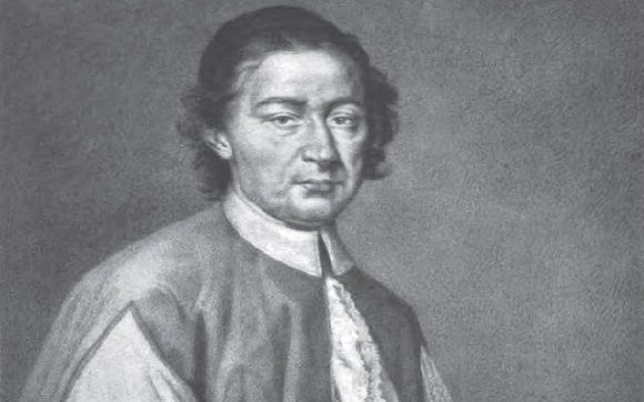Giuseppe Simone Assemani or Joseph Simon Assemani ( 1687 – 1768) was a librarian, Lebanese orientalist and Maronite eparch. For his efforts, and his encyclopedic knowledge, he earned the nickname “The Great Assemani”.
Witnessing the conversion of large numbers of the Christians of Khurasan, the Nestorian Patriarch Ishō’-yabh III, addressed to Simeon, the Metropolitan of Rev-Ardashīr and Primate of Persia, as is learned from a letter of a contemporary ecclesiastic.
We possess so very few Christian documents of the first century of the Hijrah, and this letter bears such striking testimony to the peaceful character of the spread of the new faith (Islam), and has moreover been so little noticed by modern historians—that it may well be quoted here at length.
“Where are thy sons, O father bereft of sons?
Where is that great people of Merv, who though they beheld neither sword, nor fire or tortures, captivated only by love for a moiety of their goods, have turned aside, like fools, from the true path and rushed headlong into the pit of faithlessness—
into everlasting destruction, and have utterly been brought to nought, while two priests only (priests at least in name), have, like brands snatched from the burning, escaped the devouring flames of infidelity.
Alas, alas! Out of so many thousands who bore the name of Christians, not even one single victim was consecrated unto God by the shedding of his blood for the true faith.
Where, too, are the sanctuaries of Kirmān and all Persia ?
it is not the coming of Satan or the mandates of the kings of the earth or the orders of governors of provinces that have laid them waste and in ruins—
but the feeble breath of one contemptible little demon, who was not deemed worthy of the honour of demons by those demons who sent him on his errand, nor was endowed by Satan the seducer with the power of diabolical deceit, that he might display it in your land; but merely by the nod of his command he has thrown down all the churches of your Persia. . . .
And the Arabs, to whom God at this time has given the empire of the world, behold, they are among you, as ye know well:
and yet they attack not the Christian faith, but, on the contrary, they favour our religion, do honour to our priests and the saints of the Lord, and confer benefits on churches and monasteries.
Why then have your people of Merv abandoned their faith for the sake of these Arabs?
and that, too, when the Arabs, as the people of Merv themselves declare, have not compelled them to leave their own religion but suffered them to keep it safe and undefiled if they gave up only a moiety of their goods.
But forsaking the faith which brings eternal salvation, they clung to a moiety of the goods of this fleeting world: that faith which whole nations have purchased and even to this day do purchase by the shedding of their blood and gain thereby the inheritance of eternal life, your people of Merv were willing to barter for a moiety of their goods—and even less.”1
Assemani, tom. iii. Pars Prima, pp. 130-1

